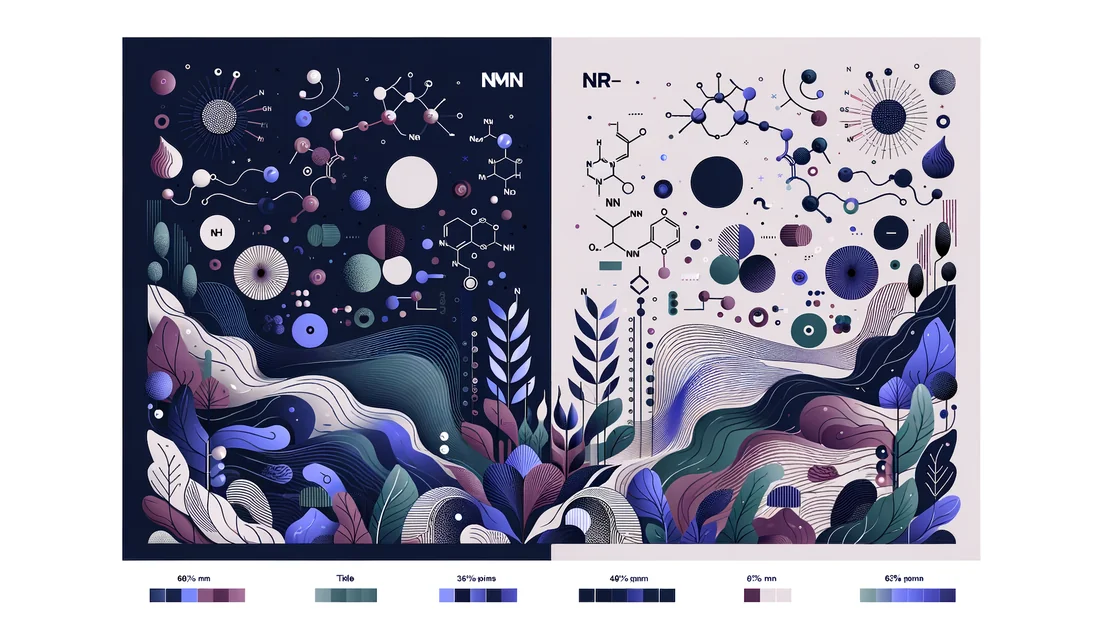
Kirkman: Testing powerhouse with a checkered past—and a noticeable transparency upgrade
Our Verdict
Comprehensive analysis shows a genuinely mixed picture. On one hand, Kirkman's Ultra Tested protocol, use of ISO-17025 labs, and the decision to post lot-specific COAs on P2i set a higher-than-average bar for supplement purity and transparency. On the other, the brand's file includes a 2016 FDA warning letter (fluoride drugs) and two recall clusters tied to supplier contamination (2009 antimony via stevia; 2013 chloramphenicol raw-material risk). Taken together, Kirkman looks like a specialized manufacturer that learned from past lapses and has invested in more rigorous testing—especially for sensitive populations—but still hasn't extended public COAs across the catalog. For consumers, that translates to: strong pick when you need hypoallergenic formulations and want more contaminant testing than usual—just verify the COA where available and keep an eye on formulations (e.g., DHEA in certain multis). [1][2][3][4][9][10][11]
How we investigated:We mapped Kirkman's supplement-specific quality claims against hard evidence: site-posted testing protocols, COAs, GMP statements, FDA records (warning letters, recalls), ownership filings, independent coverage, and user patterns (Glassdoor/Indeed/Reddit). We then priced flagship items against market norms and weighed value, innovation, and transparency to build a plain-English verdict for supplement buyers.
Ideal For
- Parents and clinicians who need hypoallergenic formulas with extra contaminant testing
- Prenatal buyers who want to see their lot's COA
- Users sensitive to excipients (colors/flavors/preservatives)
Avoid If
- You want every product's COA publicly posted (only some lots/products show COAs today)
- You prefer rock-bottom pricing for basics (magnesium, single-vitamins)
- You must avoid hormone-related actives (e.g., DHEA in some multis)
Best Products
- P2i Prenatal Multivitamin & Multimineral (public COAs)
- Magnesium Bisglycinate (value for a clean glycinate)
- Super Nu-Thera (hypoallergenic legacy multi)
Skip These
- General multis with DHEA unless medically indicated
- Legacy flavored liquids/powders from 2009 recall era (historical note)
Kirkman publicly posts lot-specific Certificates of Analysis (COAs) for its new P2i prenatal—rare in the supplement world—backed by an 'Ultra Tested' protocol that uses ISO 17025 labs and parts-per-billion methods. Yet the brand also carries a regulatory paper trail: a 2016 FDA warning letter (fluoride drugs) and recalls tied to contaminated inputs, including antimony-tainted stevia in 2009.
Ranked by verified review count
Common Questions
Does Kirkman publish COAs for all products?
Not today. We found public lot COAs for the P2i prenatal line; other items rely on internal testing claims without posted lot PDFs. Always ask support for your lot's COA. [4]
Is Kirkman cGMP certified?
The company states it is cGMP-certified and FDA-registered; certifying body isn't named on site pages we reviewed. [3][5]
How does 'ISO 17025' help me as a consumer?
It means the third-party labs performing Kirkman's tests are accredited to a standard courts accept—think 'crime-lab-level methods' for supplements. [2]
Should the 2009/2013 recalls worry me today?
They're history, but they prove why COAs and rigorous supplier testing matter. Use brands that show their work—Kirkman is starting to with P2i. [10][11]
What's with DHEA in a multivitamin?
DHEA is a hormone; some multis include it for niche goals, but it's not broadly appropriate. Check with your clinician—especially if drug-tested in sport. [17]
What to Watch For
FDA has initiated steps to remove ingestible fluoride drug products for children from the market (targeting late-2025 actions). While this doesn't affect supplements like vitamins/minerals, it underscores the agency's renewed posture on unapproved drug products—a relevant backdrop given Kirkman's 2016 letter. [21]
Key Findings
Kirkman's 'Ultra Tested' program is unusually detailed for supplements: identity testing plus microbials, pesticides, and extensive heavy metal panels at ppb levels through ISO-17025 labs. Translation: they test more, and more sensitively, than the minimum rules require. [1][2]
A real transparency step: Kirkman publicly posts batch-specific COAs on its P2i prenatal product page (multiple lot links visible). Most brands don't publish lot COAs. [4]
Documented issues exist: a 2016 FDA warning letter (fluoride 'supplements' marketed as unapproved drugs) and two separate recall eras—2009 (antimony from stevia) and 2013 (chloramphenicol risk in a supplier raw material). These don't implicate current lots but establish historical risk patterns. [9][11][10]
Ownership has shifted (Hemptown acquisition; later brand transfer to Functional Brands). Such changes can affect priorities and resourcing, so watch continuity of quality practices. [5][6][7]
Pricing/value looks mixed-to-good: example—Magnesium Bisglycinate 180-count at $22.50 and 250-count at $45.50 are competitive for an 'unbuffered/bisglycinate' position; premium items like chewable CoQ10 land on the higher side. [18]
What Customers Say
Transparency praise around testing, with isolated quality-control complaints
Light but consistent mentions across forums/reviews
They test for hazardous substances very rigorously. Is this a brand you can trust? [Reddit user] [13]
"It is a good environment, but can be stressful because of workload and lack of personnel." [Indeed review] [8]
Shoppers value rigorous testing but still want predictable capsule fills and broad COA access.
Workplace reviews are mixed (culture/management variability)
Small sample size, divergent views
Toxic environment... nepotism. [Glassdoor review] [8]
"Quality counts... collaborative, quality-focused." [Indeed review] [8]
Culture shifts during ownership transitions can affect consistency; continue to watch execution quality.
You might also like
Explore more of our evidence-led investigations, comparisons, and guides across every article style.

Nature's Answer
Nature's Answer: testing-forward heritage extractor with a fixed FDA stumble and only modest transparency

β-Nicotinamide Mononucleotide (NMN) vs Nicotinamide Riboside (NR, as NR chloride)
If you want the most standardized, widely available NAD+ booster with strong human data on NAD+ raising and safety, choose NR. If you're working with a clinician or enrolling in NMN trials, pharmaceutical-grade NMN can also raise NAD+, but retail NMN faces regulatory and quality issues. [1][2][5][8][11][13][14][16]

Best for Histamine Intolerance
DAO enzyme: 10–30k HDU before meals

L-Methionine
You're told to eat your protein because it contains essential amino acids—yet, in labs around the world, scientists extend lifespan in animals by dialing one of those amino acids down. Meet L-methionine, the body's sulfur-bearing starter pistol for protein building—and the subject of a century-long plot twist.

Ashwagandha + Rhodiola: Calm Energy or Just Hype?
Dual-core, theoretical synergy: good rationale, solid solo data, but no head-to-head Ashwagandha+Rhodiola trials yet.

Tocotrienols
The stealthier cousins of vitamin E—built with springy tails that move differently in cell membranes and behave differently in your body.
